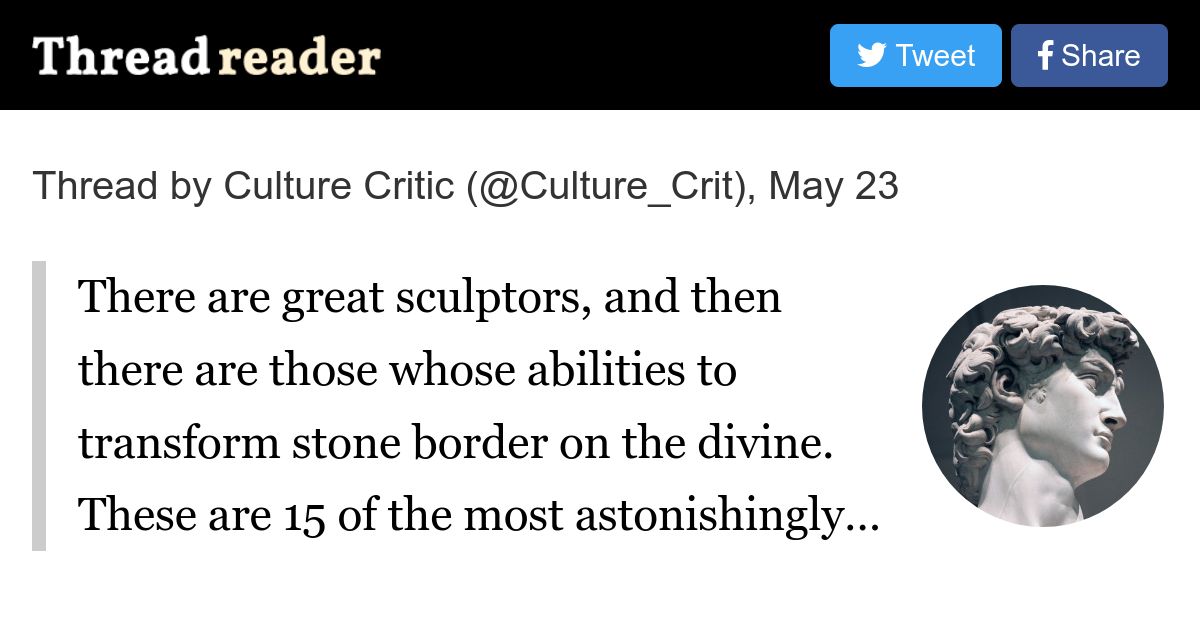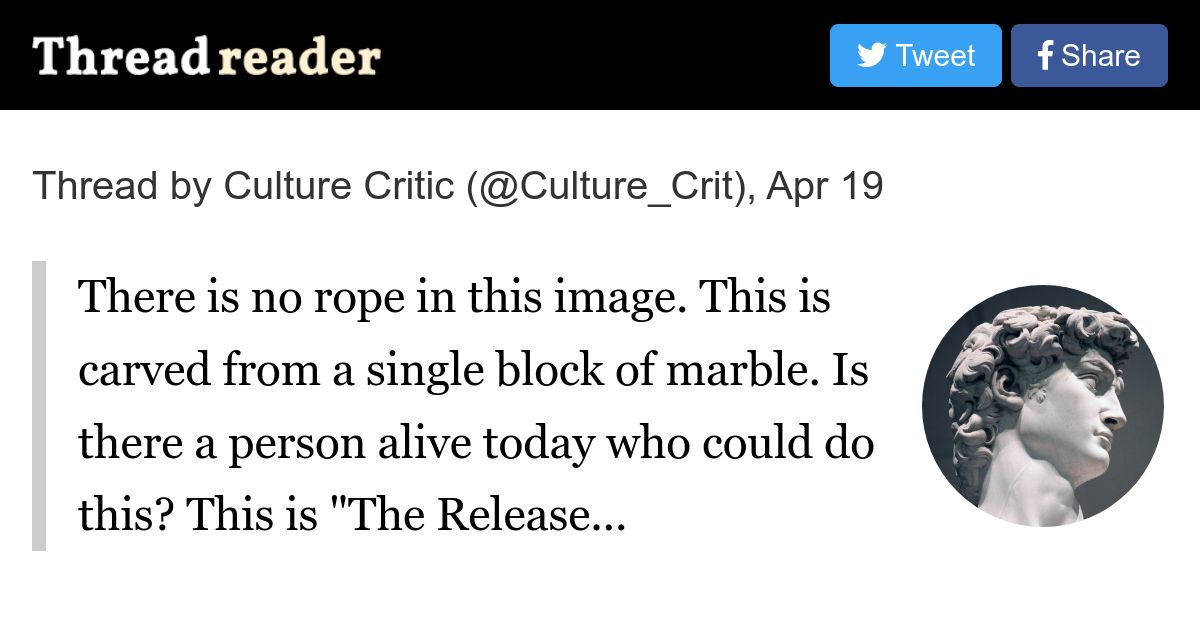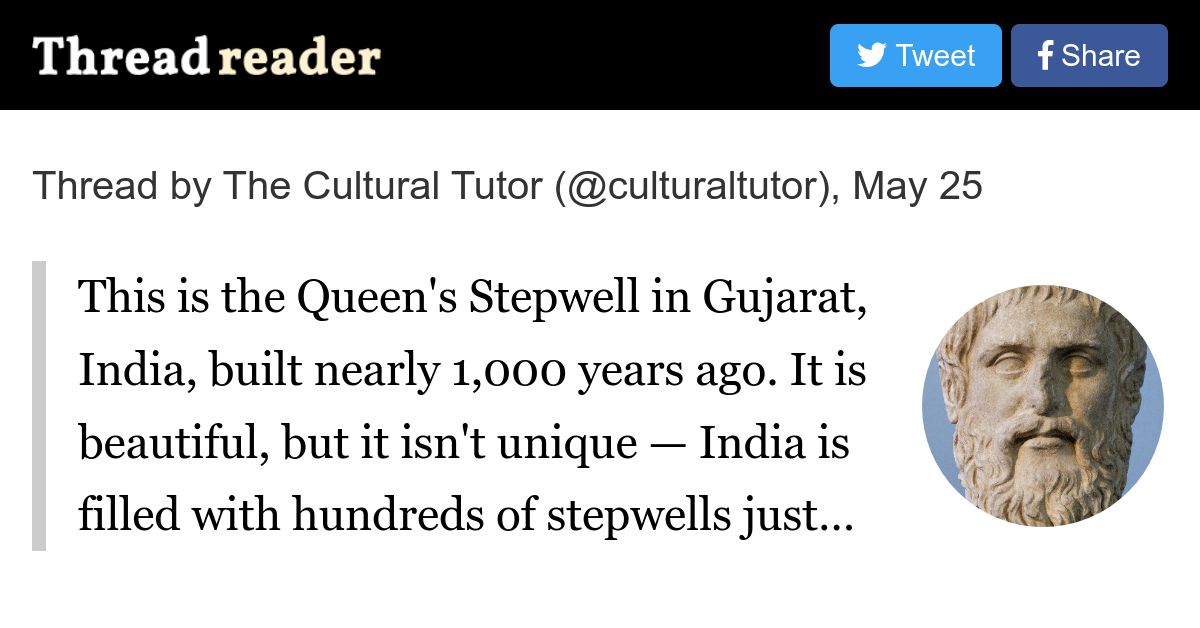Hello everyone,
Below are the links for the
May 28th Am-Eu Reading workshop.
Video and
Audio and link to the
folder.
And a brief synopsis of what was talked about in this workshop.
Ch. 8: Dio Chrysostom and Mark:
Vespasian expelled agitators from Rome, as there was strife between those that wanted the oligarchy back and those that thought they could be Emperor themselves. Dio was born in the Roman province of Bithynia and was banished from Rome for criticizing Emperor Domitian, Vespasian's son. Musonius Rufus was a Stoic who was banished by Vespasian himself, but returned to Rome after Titus became Emperor. His most famous student being Epictetus.
Dio and Rufus met and there are many connections between Titus, Vespasian and different Stoic branches of philosophy. Dio seemed to have a strong connection to the Flavian Dynasty and was known for attacking Socrates, Zeno and the Cynics. Musonius Rufus preached that Kings/Emperor's should be philosophers, and Dio had issue with philosophers who caused civil unrest.
Savior of the World: Jesus' True Identity?
Whoever's Paul's Christ was, he was well enough known by his congregations to not be mentioned all that much and the only reference Paul makes about a historical person at all is about the theme of betrayal. Now, Caesar was known for his mercy, compassion and intelligence, was accused of being a king and was betrayed by his friends/Brutus. Why had no one ever thought the Tropaeum might have influenced the story of Jesus. There's no actual smoking gun proof, but Virgil compared Christ to Caesar. Then there's Francesco Carotta's work.
Fulvia was deeply connected to Caesar, as all three of her husbands were populares – friends of Caesar. She was married to Mark Antony during Caesar's assassination and she travelled constantly to the settlements of all his former soldiers to remind them of their debt to Antony, but seeing as Caesar had died there was probably more to it than that. On January 1, 42 BC, he was appointed Divus Iulius aka
Divine Julius and a comet appeared in the sky during the games honoring him after his death.
This set up a cult/religion based on Caesar that Octavian established and which Antony became the head priest of. Such a cult could have been supported by Caesar's legions and noblewomen such as Fulvia, across the Empire. There has to have been emotion, tragedy and a truly great event to spread the message of Christianity, as Christianity is a great religion without a great founding event, whereas Caesar's death was a great founding event with a religion that's been forgotten.
The comet was seen as a sign that he was lifted into heaven, or a resurrected in spiritual terms. It was Paul's understanding of Caesar's idea of clementia – forgiveness and reconciliation – that was the way to heaven and despite heavy editing, Paul's letters still contain hints of this. Laura wonders if Fulvia played a role in an earlier passion narrative after Caesar's death as the story of Mark is so complex that it's unlikely one person wrote it, but rather a committee of people, which comes back to Dio, Rufus, Epictetus and the Stoics and that they may have assisted with writing Mark's Gospel.
Caesar disregarded all portents and warnings against attending the Senate and went to his death – almost knowingly – which would connect greatly to Paul's conception of a Messiah.





ponerology.substack.com

